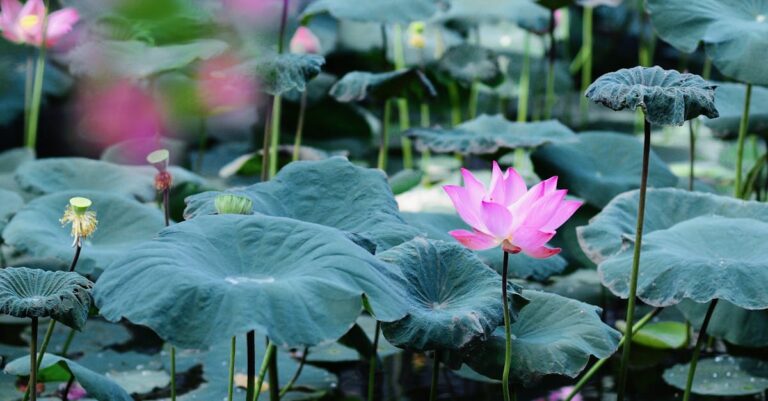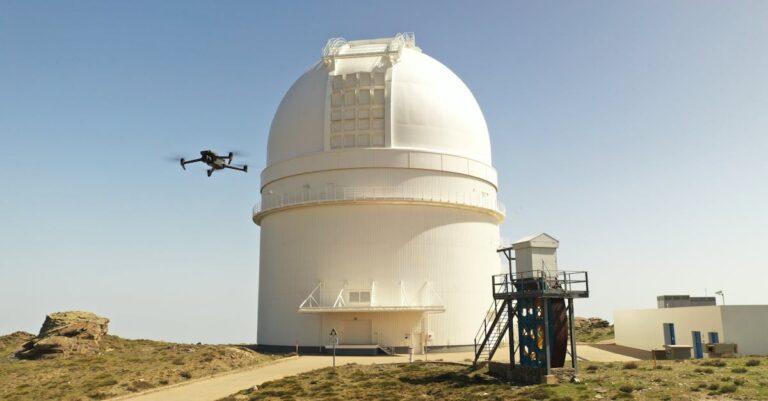
## The Memory Bloom
Rain hammered the corrugated iron roof of Dr. Elara Reyes’ research station, a relentless drumbeat against a backdrop of emerald chaos. The Atacama rainforest clung to the slopes of the Andes, thick with unseen life and choked with a humid breath that permeated everything. Inside, fluorescent lights buzzed over stainless steel benches stacked with petri dishes and complex machinery humming with quiet intensity. Elara, her dark hair pulled back in a tight braid, ignored the storm and meticulously adjusted a microscope.
She focused on a vibrant orchid, its petals a startling shade of cerulean blue – an anomaly she’d engineered herself. Not with clumsy, brute force methods, but with something far more elegant: an algorithm, buried deep within her data, that predicted and shaped genetic combinations with unnerving accuracy. It was her masterpiece, her secret weapon against the perceived blight of genetically modified organisms. She called it “Genesis.”
A sudden crackle from her radio interrupted her focus.
“Reyes,” a voice, clipped and professional, cut through the static. “Dr. Alistair Finch reporting. I’m three kilometers west, tracking unusual floral anomalies.”
Elara frowned. Finch was a thorn in her side—a lauded, traditional botanist who publicly condemned genetic modification with an almost zealous fervor. He was also annoyingly persistent, and his reputation could easily sabotage her years of work.
“Floral anomalies? The rainforest is hardly lacking in diversity, Finch,” she retorted, her voice carefully neutral.
“These aren’t natural, Reyes. The color patterns… the scent profiles… they’re too precise. Too engineered.”
She clenched her jaw, resisting the urge to hang up. “You’re mistaken, Finch. Perhaps you need your eyes checked.”
“Or perhaps you need to explain yourself.”
Elara returned to her work, dismissing Finch’s accusations. She perfected the cerulean orchid; its fragrance was a complex blend of jasmine and damp earth, designed to evoke feelings of nostalgia and quiet contentment. She’s been working on it for three years, fine-tuning the algorithm, creating floral expressions coded with specific emotional responses. She envisioned a world where flowers weren’t just decorative, but conduits of emotion—therapeutic tools to combat loneliness and trauma.
A tremor shook the station, rattling equipment. A landslide had blocked the access road. She was effectively isolated.
“Wonderful,” she muttered, staring at a map pin pointing Finch’s position. He was getting closer.
She checked her security protocols, tightening the encryption on Genesis. It couldn’t fall into the wrong hands.
The first encounter with Finch was an ambush, a calculated move on his part. He found her collecting data near a riverbank, surrounded by an array of flowers she’s been test-growing; each emitting scents that stimulated different sections of the brain. He approached with a grim satisfaction, his face etched with suspicion and disapproval.
“So, you admit it?” Finch questioned, gesturing to the vibrant blooms.
“I’m studying floral communication,” Elara replied, wiping sweat from her forehead, “trying to understand how scents affect human behavior.”
“Don’t insult my intelligence, Reyes. I spent weeks analyzing these flowers. The genetic markers… they’re not random.” He examined a deep crimson rose, its scent sharp and invigorating. “This one – it mimics the adrenaline response.”
“Just a coincidence,” Elara said, her tone tight.
Finch scoffed. “A thousand coincidences? You’re creating memories, Reyes. Encoding emotions into flowers.”
“And what’s so wrong with that?” she challenged, meeting his gaze.
The pursuit transformed into a tense standoff as Finch relentlessly probed Elara’s methods, tracing the intricate tapestry of her algorithm. He was a formidable opponent—brilliant, tenacious, and increasingly… intriguing. Their arguments escalated into debates about ethics, innovation, and the very nature of humanity.
“You’re playing God, Reyes,” Finch accused, his voice echoing through the dense foliage.
“No,” Elara countered, “I’m giving people a little bit of comfort. A connection to something real in an increasingly artificial world.”
He studied her face, his expression softening slightly. He’s been observing the way she interacts with her plants—the gentle touch, the quiet murmurings. It wasn’t the detached demeanor of a scientist; it was something more… almost maternal.
“My grandmother used to grow roses,” Finch confessed, a flicker of vulnerability in his eyes. “She said they held the scent of her childhood.”
Elara saw a crack in his armor, a space for connection. She responded with a rare smile.
“Flowers are more than just pretty faces, Finch,” she said softly. “They’re living memories.”
The rainforest became their battleground, a labyrinth of winding trails and hidden valleys. Finch tracked her, documenting her creations with meticulous detail. He started questioning his own beliefs, the rigid dogma he’s clung to for so long.
He encountered a field of lilies, their scent triggering a wave of profound sadness – a carefully engineered echo of loss. He felt the sting of tears in his eyes, an unfamiliar ache he hadn’t experienced since childhood.
“This is… incredible,” he murmured, brushing a petal with his fingers. “But dangerous.”
“Everything worthwhile is,” Elara replied, appearing beside him as if from nowhere.
One evening, sheltering from a torrential downpour in a small cave, they found themselves examining the algorithm together. Finch’s knowledge of botany combined with Elara’s coding expertise made them a formidable team—despite their contentious past.
“The cascading sequences are brilliant,” Finch said, tracing a line of code on the tablet. “You’ve predicted gene expression with astonishing accuracy.”
“It started as a way to help people,” Elara explained, her voice quieter now. “To bridge the emotional gaps that technology creates.”
He looked at her, his gaze lingering on her face. He’s seeing beyond the scientist now; he sees a woman driven by compassion, burdened by responsibility.
“And what happens when people start using it to manipulate others?” he asked, the question laced with genuine concern.
Elara’s face clouded over. “That’s what I’ve been trying to prevent.”
Days bled into weeks as their partnership deepened. They shared meals, stories of their pasts, anxieties about the future. The animosity that once defined them faded, replaced by a burgeoning respect—and something more complicated.
He found her in the greenhouse one morning, tending to a cluster of orchids she’s been working on for months. They were white, almost luminous, their fragrance a unique blend of lavender and pine—designed to evoke feelings of peace and tranquility.
He stepped into the humid air, drawn by an irresistible force.
“These are… beautiful,” he confessed, his voice hushed with reverence. “What memories do they hold?”
“The memory of a quiet evening, watching the sunset with someone you love,” Elara said softly, her eyes locked on his.
He reached out, gently tracing a petal with his fingertip. He felt an unexpected wave of emotion wash over him—a longing for connection, a desire for something beyond the confines of his solitary existence.
He turned to her, his gaze intense. He lowered his head and kissed her softly, tentatively—a kiss that tasted of rain and wildflowers, hope and uncertainty.
The storm returned with a ferocity, mirroring the tempest of emotions swirling within them. They clung to each other in the small research station, seeking refuge from the chaos outside—and within.
“What happens to Genesis?” Finch asked, his voice barely audible above the pounding rain.
Elara looked at him, a flicker of doubt in her eyes. “I don’t know.”
“Share it,” he urged. “Let the world see what you’re capable of.”
She hesitated, weighing the risks and rewards. “It needs to be regulated,” she said finally. “Protected from misuse.”
“Together, we can make that happen,” he replied, his hand gently cupping her face.
Standing amidst a field of memory blooms, the rain finally subsided. A single ray of sunlight pierced through the canopy, illuminating a vibrant tapestry of colors and scents. Elara and Finch stood hand-in-hand, their faces radiant with hope—and a shared vision for the future. The scent of wildflowers mingled with the promise of possibilities, a testament to their shared journey—a symphony of science and emotion, blooming in the heart of the rainforest.
The future was uncertain, but they faced it together – two scientists united by a shared passion and an unexpected love—guardians of Genesis, protectors of memory blooms.


